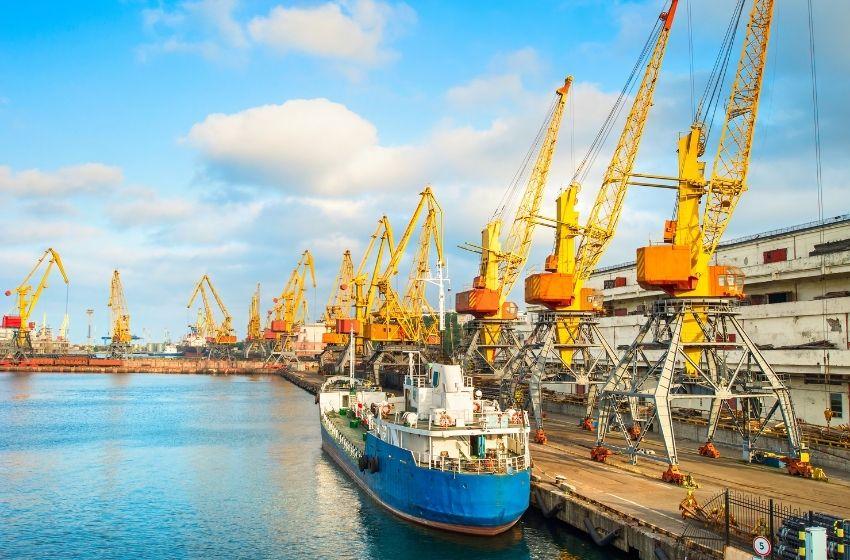Ukraine says work has started at three ports aimed at forming “green corridors” to allow grain exports, the BBC reports.
A spokesperson for the Odesa military administration said naval teams will build routes out of southern ports in Odesa, Chornomorsk, and Pivdennyi.
Once the routes are established, “caravans” of ships led by Ukrainian naval vessels will sail through the Black Sea, Serhiy Bratchuk said.
Kyiv and Moscow struck a deal to allow the grain exports last week.
Under the deal, which was brokered by Turkey and the UN, Russia agreed not to target ports while grain was in transit, while Ukraine pledged to guide cargo ships through waters that have been mined.
However, the agreement was thrown into chaos less than 24 hours after the deal was signed, when two Russian missiles targeted a port in the city of Odesa.
Russia said the attack targeted a Ukrainian naval ship docked in the harbour.
Ukraine’s President Volodymyr Zelensky said the strike showed that Moscow cannot be trusted to stick to the deal and accused the country of “barbarism”.
On Wednesday morning, Russian Deputy Foreign Minister Andrei Rudenko warned that the deal could collapse if obstacles to Russian agricultural exports are not removed, the Interfax news agency reported.
Despite the uncertainty, Bratchuk said Ukraine intends to stick to the deal and pledged to carry out its obligations, despite the threat of Russian “aggression.”
He said that military and civilian specialists will “carefully search for underwater objects, install special means of navigation equipment that will help the safety of navigation.”
It comes as Turkey’s Defence Minister Hulusi Akar opened a joint grain co-ordination centre in Istanbul.
Staffed by Ukrainian and Russian officials, as well as Turkish and UN monitors, the centre is designed to ensure safe passage of Ukrainian vessels and inspect them for weapons as they enter and exit the Black Sea.
“The staff working at this centre are aware that the eyes of the world are upon them,” Akar told reporters. “It is our hope that the centre will make the greatest contribution possible to humanitarian needs and peace.”
Akar added that around one-third of the world’s wheat supply comes from Ukraine and Russia.
About 20 million tonnes of grain meant for export are trapped in Ukraine, and Zelensky has warned this could rise to 75 million tonnes after this year’s harvest.
Elsewhere, intense fighting has continued in Ukraine, as a southern counter-offensive launched by Kyiv continues to face stiff opposition.
Russian-installed officials in the occupied city of Kherson confirmed that a Ukrainian artillery strike had seriously damaged the Antonivskiy Bridge, forcing its closure.
Anton Gerashchenko, a senior adviser to Zelensky, said the strike had “dealt another powerful blow to one of the two bridges which are used by the invaders for a massive transfer of troops.”
One of just two crossings over the Dnipro river near Kherson, Russian forces have relied on it to resupply troops west of the river.
https://www.bbc.com/news/world-europe-62315781


